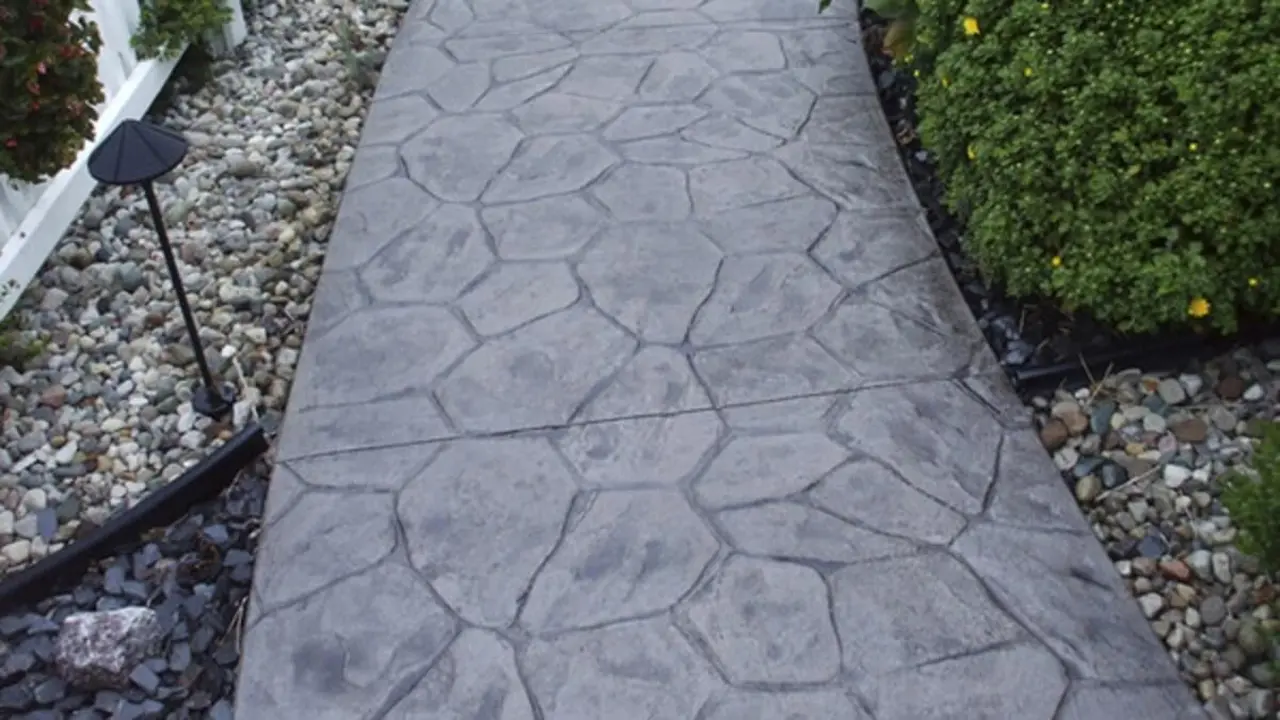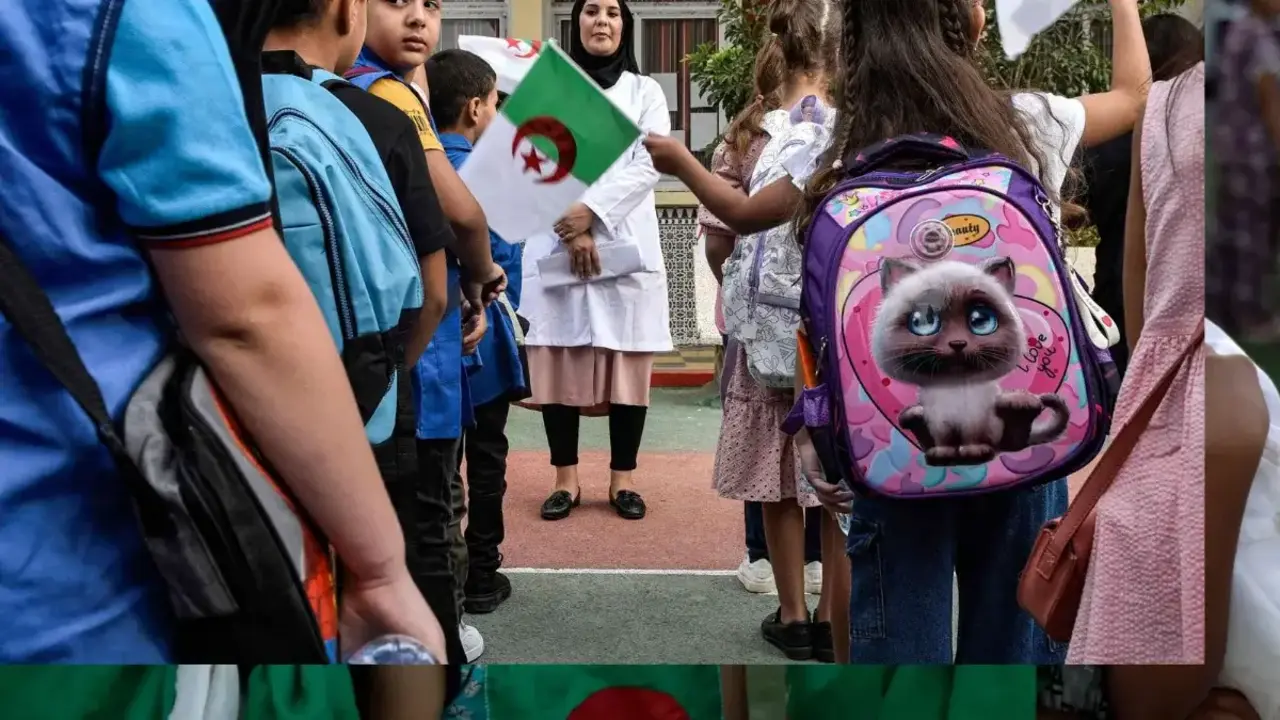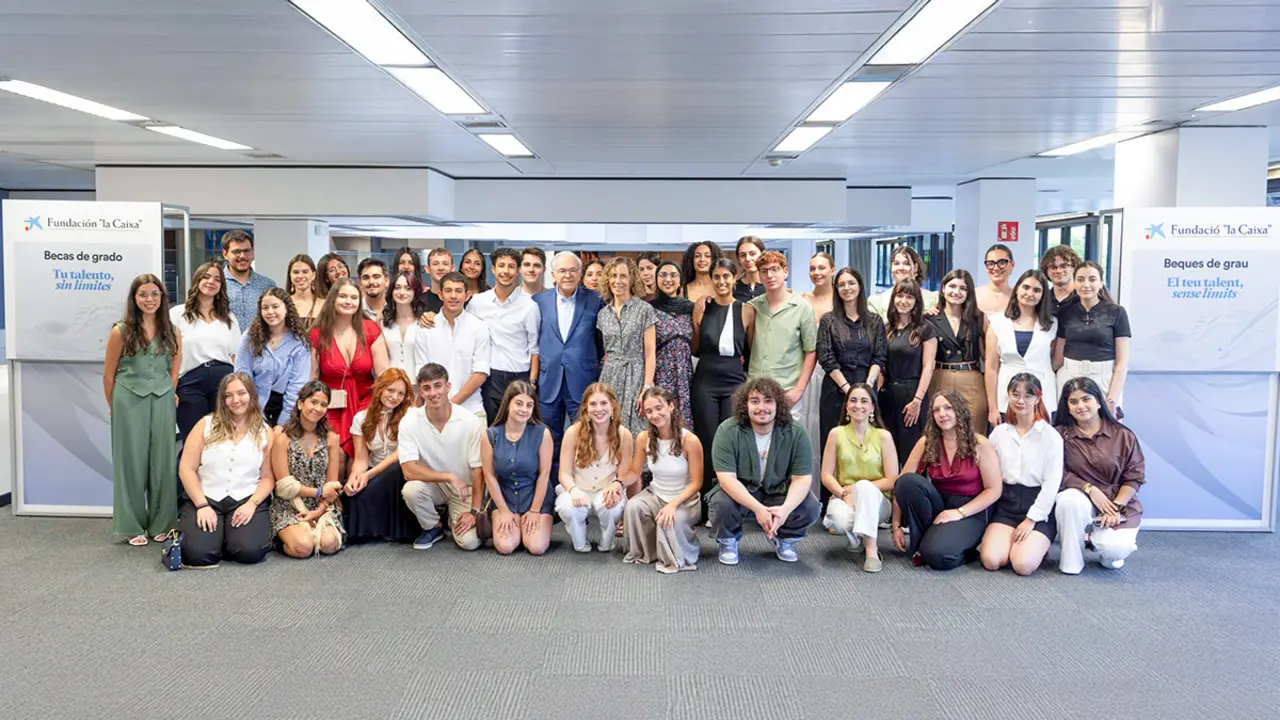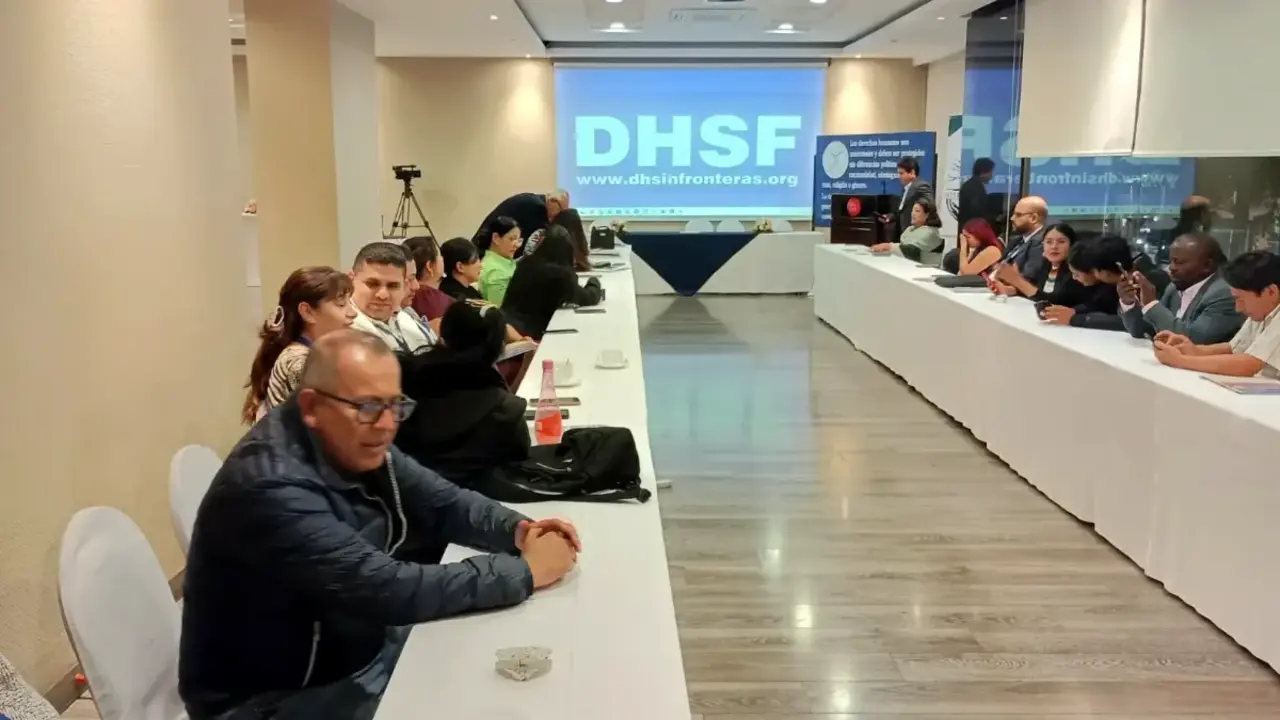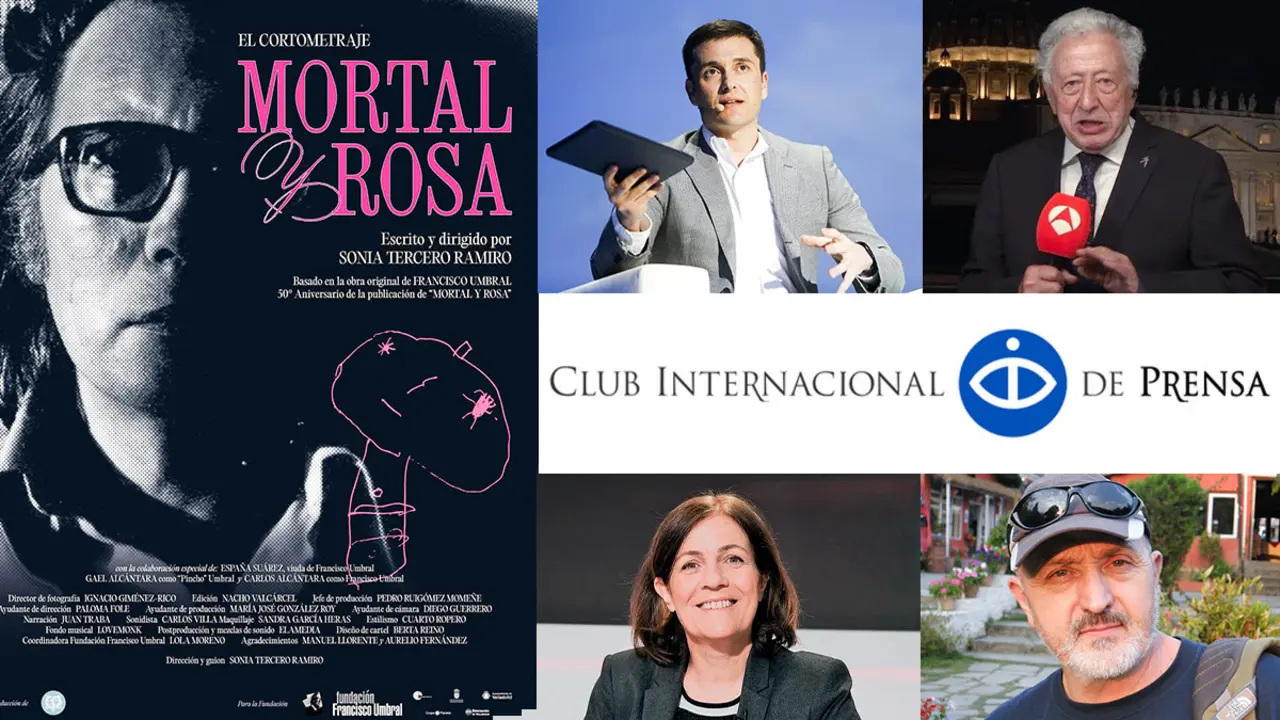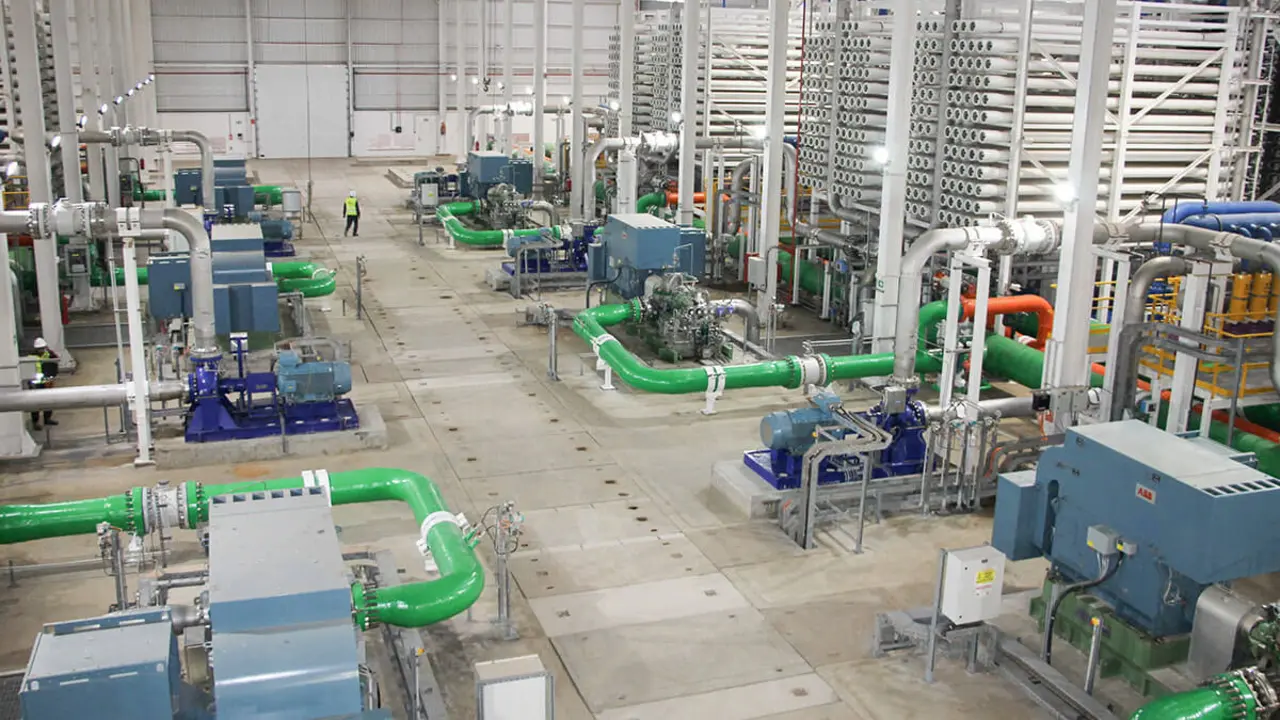The "la Caixa" Foundation launches its new territorial model of social calls for proposals in Asturias with a budget of 500,000 euros
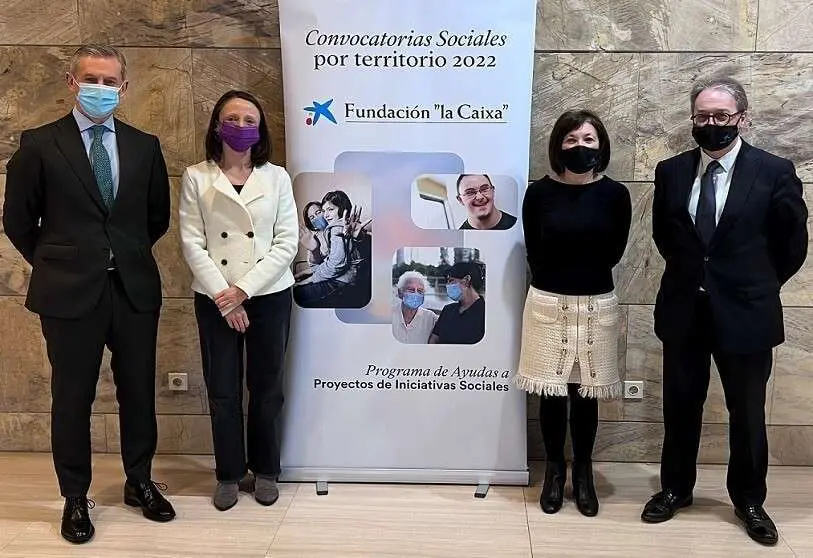
The "la Caixa" Foundation has presented in Asturias its new model of calls for applications for the Programme of Aid for Social Initiatives Projects, which, from 2022, will be distributed on a territorial level.
The new approach aims to bring this aid closer to people in situations of vulnerability and non-profit organisations in each territory, in order to continue responding to the emerging needs of society in a fairer and more egalitarian way, as explained at a press conference in Oviedo by the Regional Minister for Social Rights and Welfare, Melania Álvarez; the Deputy Director General of the "la Caixa" Foundation, Marc Simón, the Northern Territorial Director of CaixaBank, Juan Pedro Badiola, and the delegate of the "la Caixa" Foundation in Asturias, Irene Agudo.
Asturian social organisations can apply from 29 March to 28 April for this call, which will receive half a million euros, more than double the amount allocated in 2021, for projects in the following areas of action:
- Elderly people and challenges arising from ageing
- People with disabilities or mental disorders
- Humanisation of health
- Fight against poverty and social exclusion
- Socio-occupational integration
- Interculturality and social action
"For more than two decades, the Programme of Aid for Social Initiatives Projects has been supporting the essential work of social entities, which work on the ground with those who need it most. Now, with the new territorial proposal, our aim is to intensify this collaboration with the third sector in order to be closer to the organisations and the people we serve", explained the Deputy Director General of the "la Caixa" Foundation, Marc Simón.
Until 2022, the "la Caixa" Foundation's Calls for Applications for Grants were state-wide. From this year onwards, between February and October the institution will launch a total of 20 calls for applications (compared to the previous 10), 18 of which will be territorial, one for each autonomous community and another for Ceuta and Melilla. To these will be added those for social action in rural areas and international cooperation, which will maintain their national scope.
The Programme of Aid for Social Initiatives Projects invested a total of 201,470 euros in Asturias in 2021 in 8 projects that benefited 452 people. Specifically, three of them were aimed at combating poverty and social exclusion; three were for action in rural areas; one of them was for socio-labour insertion, and another for temporary housing for social inclusion.
In addition to the new territorial model, the new feature of the 2022 calls for applications is that the financial endowment will be established on the basis of the population of each autonomous community. In addition, the selection of projects in all Spanish provinces will be encouraged.
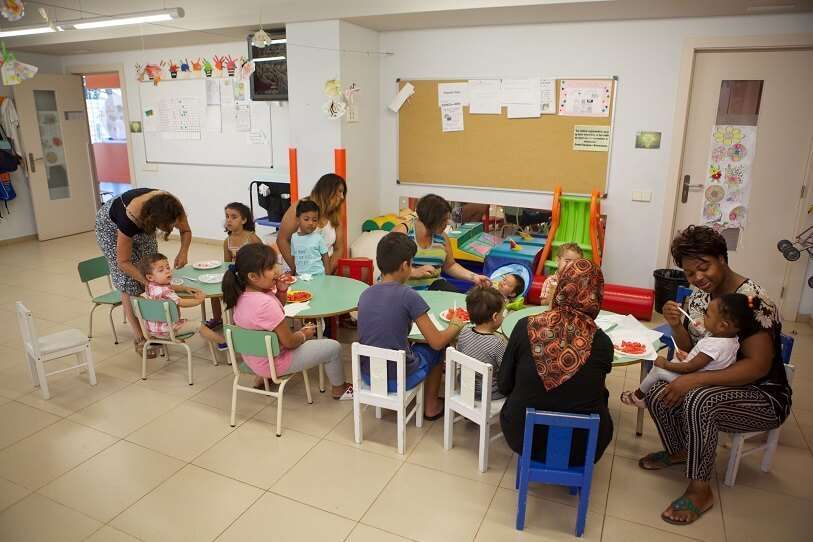
- The maximum amount that can be requested per project has been increased from 40,000 to 50,000 euros.
- The project submission form has been simplified to facilitate the participation of all entities.
- Entities and delegations with an agreement in force in the 2021 calls of the Programme of Aid for Social Initiatives Projects may apply. For this, it will be essential to justify at least 50% of the aid granted in 2021.
Between 1999 and 2021, the Programme of Aid for Social Initiatives Projects has promoted more than 19,000 projects through which 8.7 million people have been assisted. All this with a total budget of 383 million euros. The initiative, developed together with the third sector, has had a direct impact on improving the quality of life, well-being and health of participants throughout Spain.
With a contribution of 6.7 million euros, between 1999 and 2021, the programme has promoted 353 projects in Asturias through which more than 27,714 people have been assisted.
In 2022, with this new model, work will continue with a territorial approach and focusing on the same areas of action as up to now:
Promotion of personal autonomy and prevention of fragility and its effects; prevention and intervention in situations of unwanted loneliness, social and digital isolation; detection and intervention in situations of economic vulnerability, and detection and intervention in possible situations of vulnerability or abuse.
Promotion of personal autonomy and support for activities of daily living; psychosocial support for people with disabilities or mental disorders, taking into account their family and relational environment; temporary residential resources for people with disabilities or mental disorders, and universal accessibility and actions to combat the digital divide.
Socio-health care and psychosocial support for people in a situation of illness, in palliative care or at the end of their lives to improve their quality of life and that of their families, and temporary residential resources for sick people and/or their families.
Social and educational development of children and adolescents in vulnerable situations and their families; social inclusion of people at risk of poverty and exclusion; psychosocial care for people in situations of addiction or violence, especially gender-based violence, and temporary residential resources for young people and adults in the process of social inclusion.
Training to improve the employability of people with disabilities or mental disorders and vulnerable groups; support for the processes of labour insertion in ordinary companies, as well as the promotion of self-employment, and accompaniment of people in the context of insertion companies and special employment centres.
Community processes that promote respect and community values; diversity management and community mediation, and education and prevention of behaviours related to addictions and violence.

